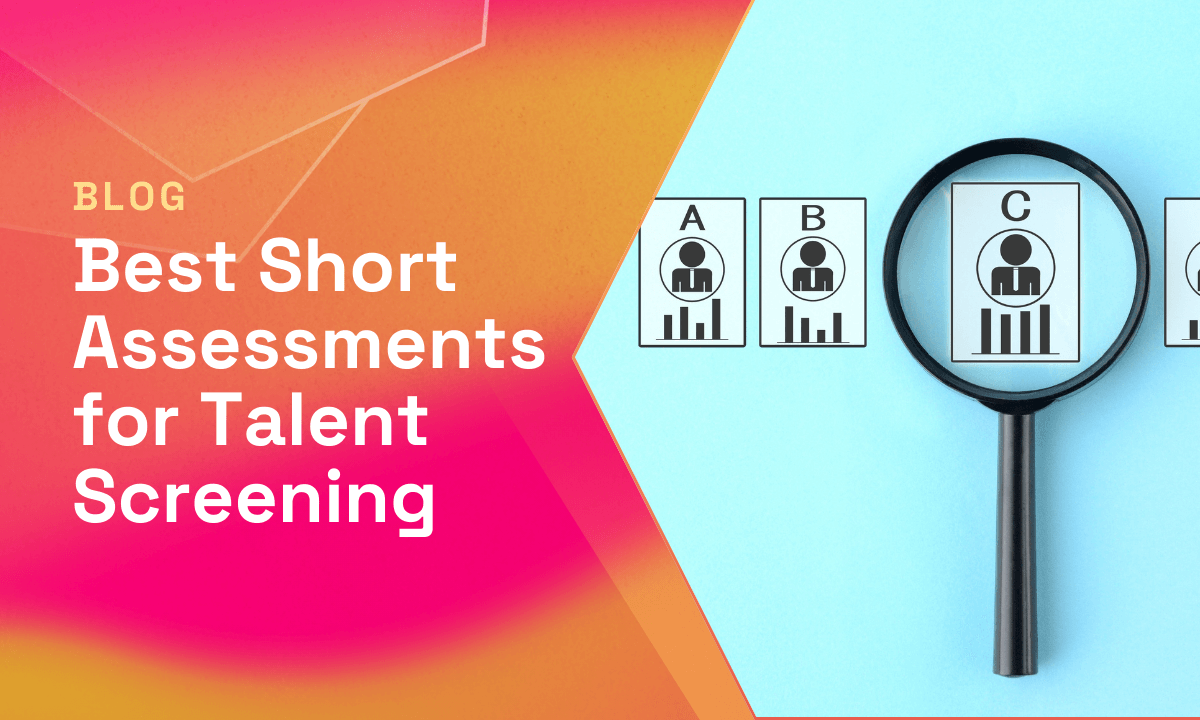Why you need more team players, and fewer stars
No matter where you work, it is a fair bet that you have to cooperate with others on a team. There is no rule that says you have to like your teammates, but for a team to succeed there are some basic principles everyone needs to follow:
- Put the team’s interests ahead of your own.
- Pull your weight and do your job to the best of your ability.
- Channel your competitive spirit to beat the opposition, not your teammates.
But there have always been people on teams, regardless of ability, who demonstrate a dysfunctional quality that sours relationships and disrupts team performance.
For example, English footballer John Terry was a highly skilled and courageous player on the field. He captained Chelsea to a record five premier league titles, and also lead the English team. Off the field however, he was known for starting fights in bars, jumping queues, hogging disabled carparks, blaming teammates for his own mistakes and racially abusing colleagues. And he reportedly had an affair with the wife of a teammate, which cost him the captaincy of England for the second time.
But being a good teammate is not simply the opposite of bad.
Science shows us that there are four behaviors and three character traits that make the best team players:
- The best team players collaborate and cooperate with colleagues. That is, they pool their ideas, information, and efforts with others to achieve tasks. They say things like “how do we crack this problem together”.
- Great teammates act altruistically — they put themselves out to help colleagues, and do things that further the team’s interest rather than their own. It shows up as “I can see you have a lot on – can I help out?”.
- Really good colleagues show their positive appreciation for the team and the efforts that others have made. It is as simple as “Really terrific work – you guys knocked it out of the park”.
- Teammates you can rely on make sure they do what they say they will, to the best of their capabilities. They front up, day after day, and do their own hard work.
Temperament also has an impact of the kind of team player you will be, and research shows the personality makeup of the team affects its performance. For example:
- Teams with more emotionally stable members tend to do better. That’s because passionate and volatile teammates leak negativity and heighten tensions.
- Being conscientious and reliable is valued by colleagues (as opposed to being sloppy and haphazard). People who show integrity, have high standards and stick to the rules are good to have on the team.
- Being socially skilled, warm and caring also makes for improved team cohesion. Those who care what happens to their teammates and how they are feeling, help create bonds and boost other's wellbeing.
Talented stars are great to have, but teams of stars don’t always make for the best team. Good teammates who you can trust to have your back in a tight spot matter just as much.
What sort of teammate are you? Find out with Deeper Signals. Or help your team with a Team Sprint.





























